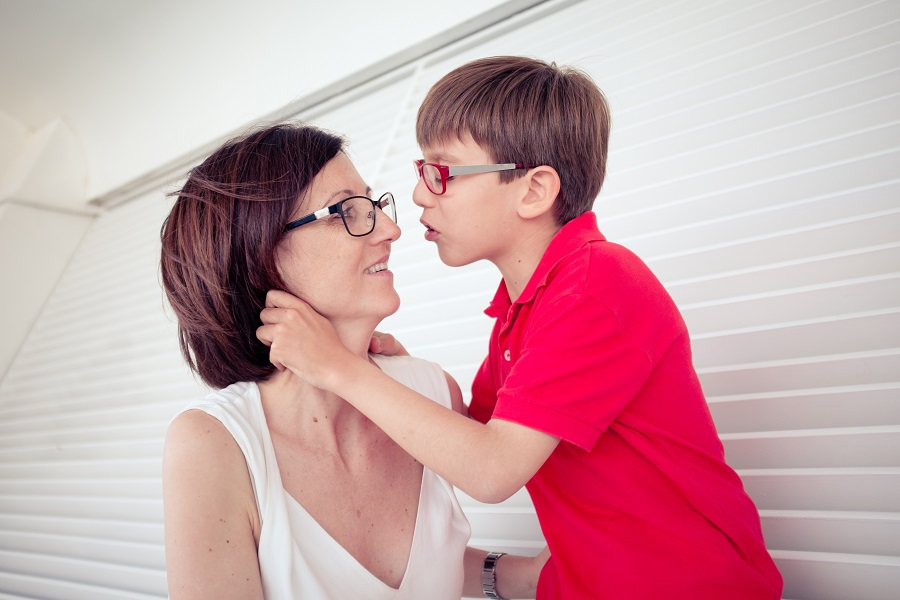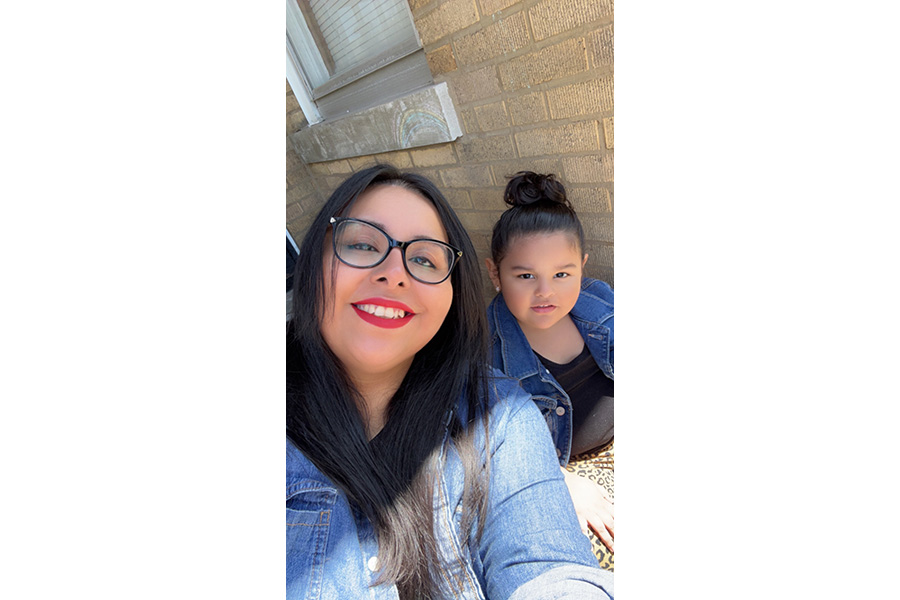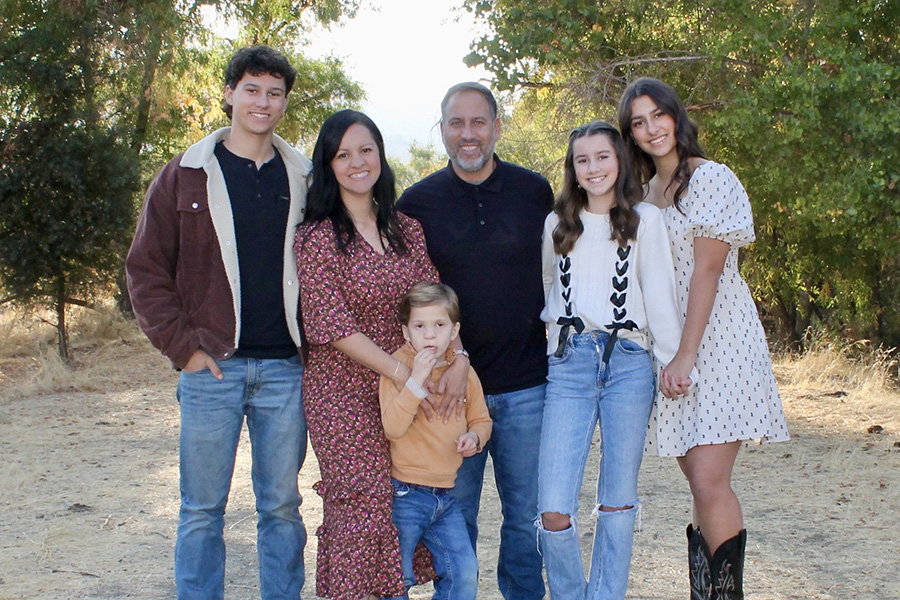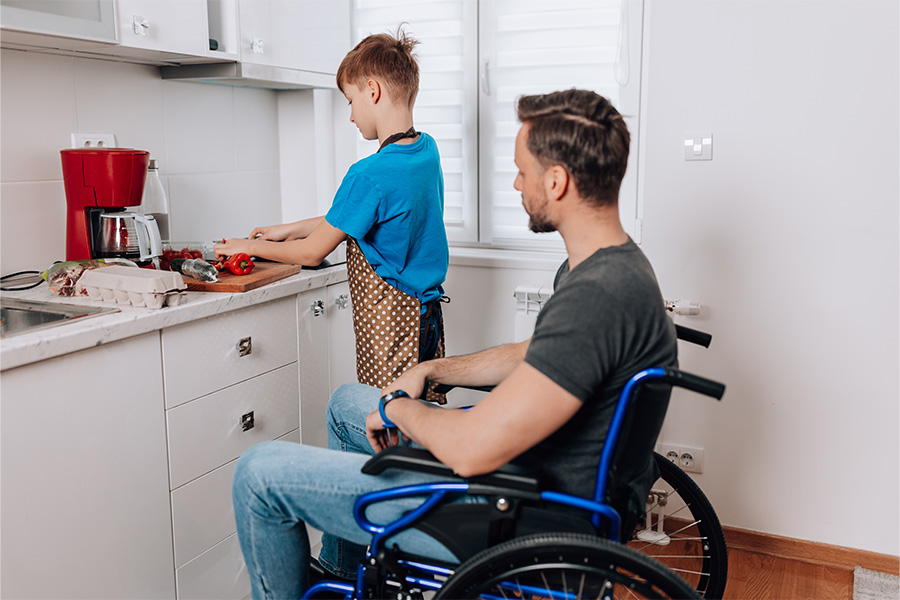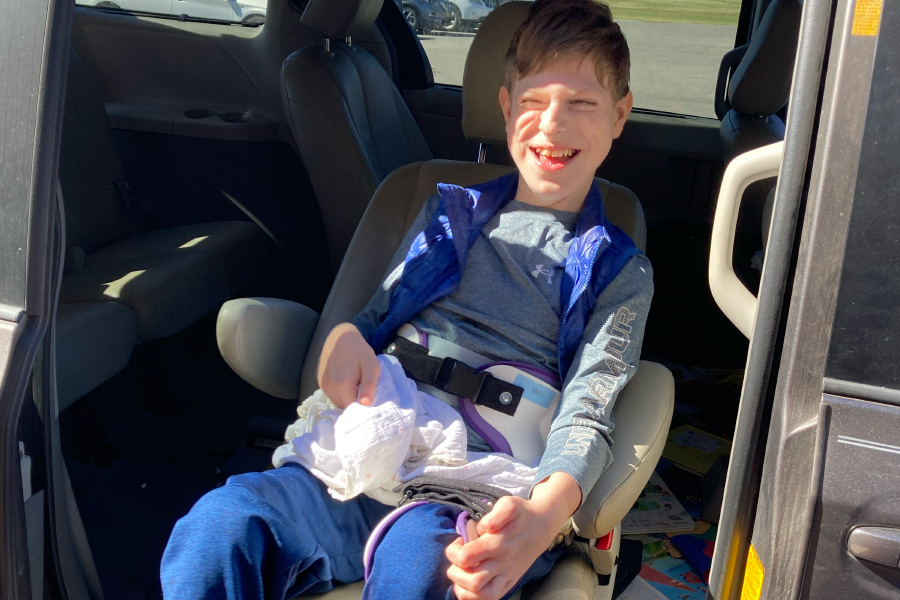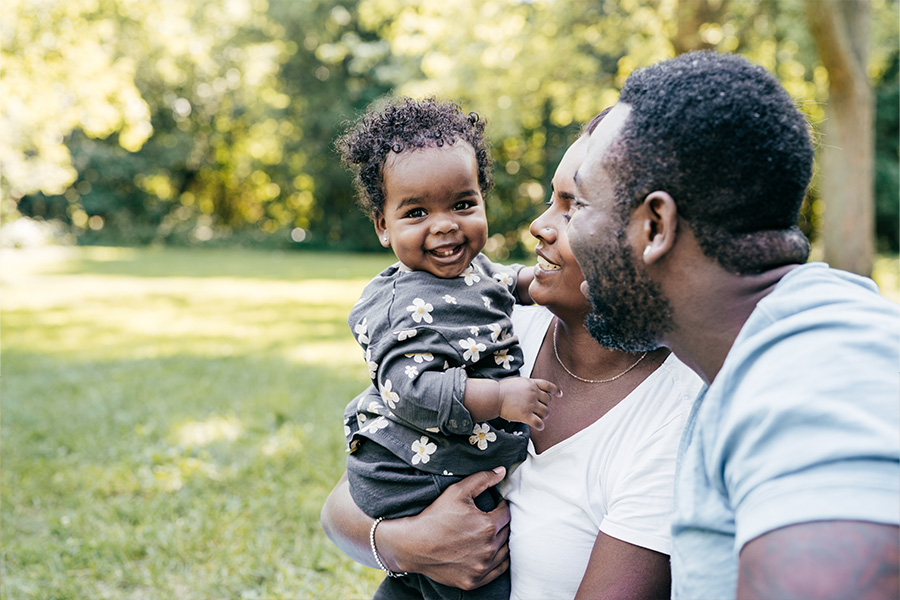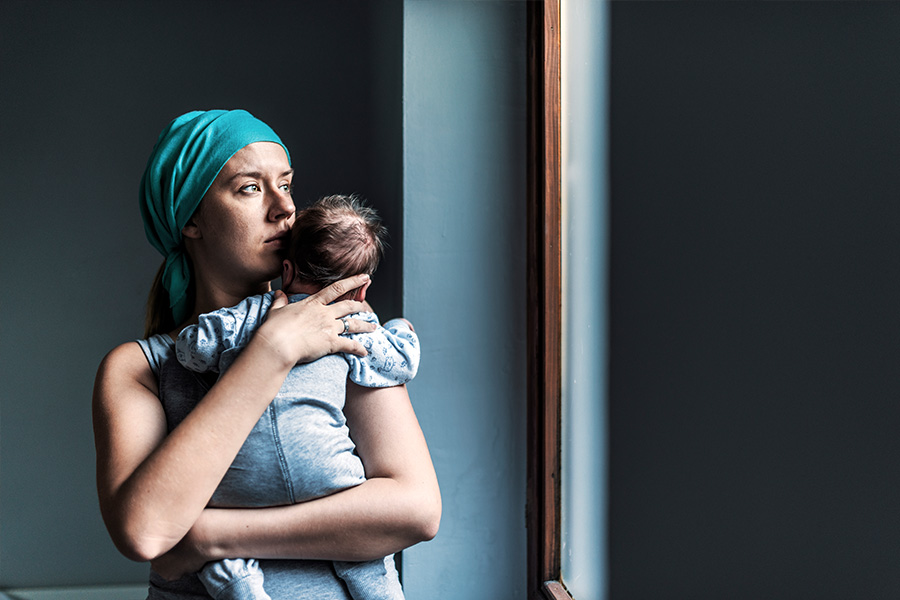How Having a Child with Disability Fosters Empathy
I am a white woman. A straight, thin, cisgender, white woman.
I can count on one hand the number of times I have been a minority in any situation because of my skin color or gender. You might think that I have no idea what it’s like to be stared at, discriminated against or marginalized in any way. For me as an individual, you would be right.
When others told me about experiencing prejudice I listened and believed them. I knew that what they said was true, and I knew that there was data to support the stories. Having never experienced anything but my white middle class life, I couldn’t really understand what the lives of my friends from various backgrounds were like. It wasn’t for lack of empathy or effort, it’s just that I was steeped in my advantages, and couldn’t remove the lenses of my own experience.
Then I became a mom. My second child was born with Down syndrome. In his infancy, it wasn’t obvious to strangers that he had a disability. As he grew, his milestones lagged further and further behind average, and when he still wasn’t walking well after his first birthday, people started to notice his differences more and more. First, I noticed people watching him a little longer, then actually staring. After adding a second child with Down syndrome, there was no doubt that our family stood out and was stereotyped.

Often, people saw my children’s disabilities first, and them as human beings second.
Even little things like using the phrase “a Down’s person” shows that people see Down syndrome as defining the person. The use of slurs about intellectual disability, the R word, lingers even in professional settings. My supervisor at an adoption agency let the R word slip while I was sitting next to her, and a newly hired Executive Director of the Down Syndrome Association where I worked used it in staff meetings. These were people who would never be caught using racial, religious, or sexual slurs. In both cases the slips happened more than once in my presence.
Though by proxy, I have tasted prejudice. As an individual I still have every advantage that comes with being a middle class white woman, but my children have been stigmatized, stereotyped, disliked and even bullied just for the way they were born.
As their mother, advocate and ally, I have been trolled and misunderstood, and perhaps most painful, I have had friends distance themselves from us.
Now when my friends from various backgrounds speak of their experiences, instead of being a good listener and striving to comprehend their experience, I get it. Though each experience is unique, marginalization carries a pain that transcends the details of the scenario, and touches us at a basic human level. The disenfranchisement of my children has awakened me out of my complacent attitude about my own advantages, and demonstrated that my privilege creates a vacuum of disadvantage for others.
My role as an advocate for my children extends to all who have disability, mental illness, and complex medical needs, but the reach goes further and deeper.
I have become an eager ally for others whose experiences parallel ours. Now I not only listen when someone offers their story, but I seek out those stories and perspectives. My desire to engender understanding on behalf of my children translates into a greater desire and ability to see past my advantages and work to even out the playing field for all.

Alethea Mshar is a Special Needs Mom and Blogger.
Read her blog, Ben’s Writing, Running Mom
Follow her on Facebook
More Articles Related to Disability:
What Words Should We Use When We Talk About a Child With Disability?
To The Parent Who Just Found Out Your Child Has a Disability






